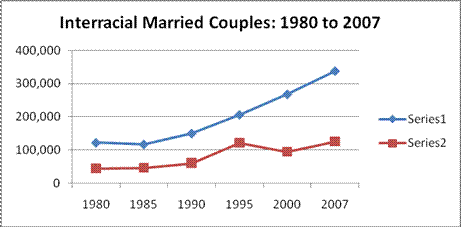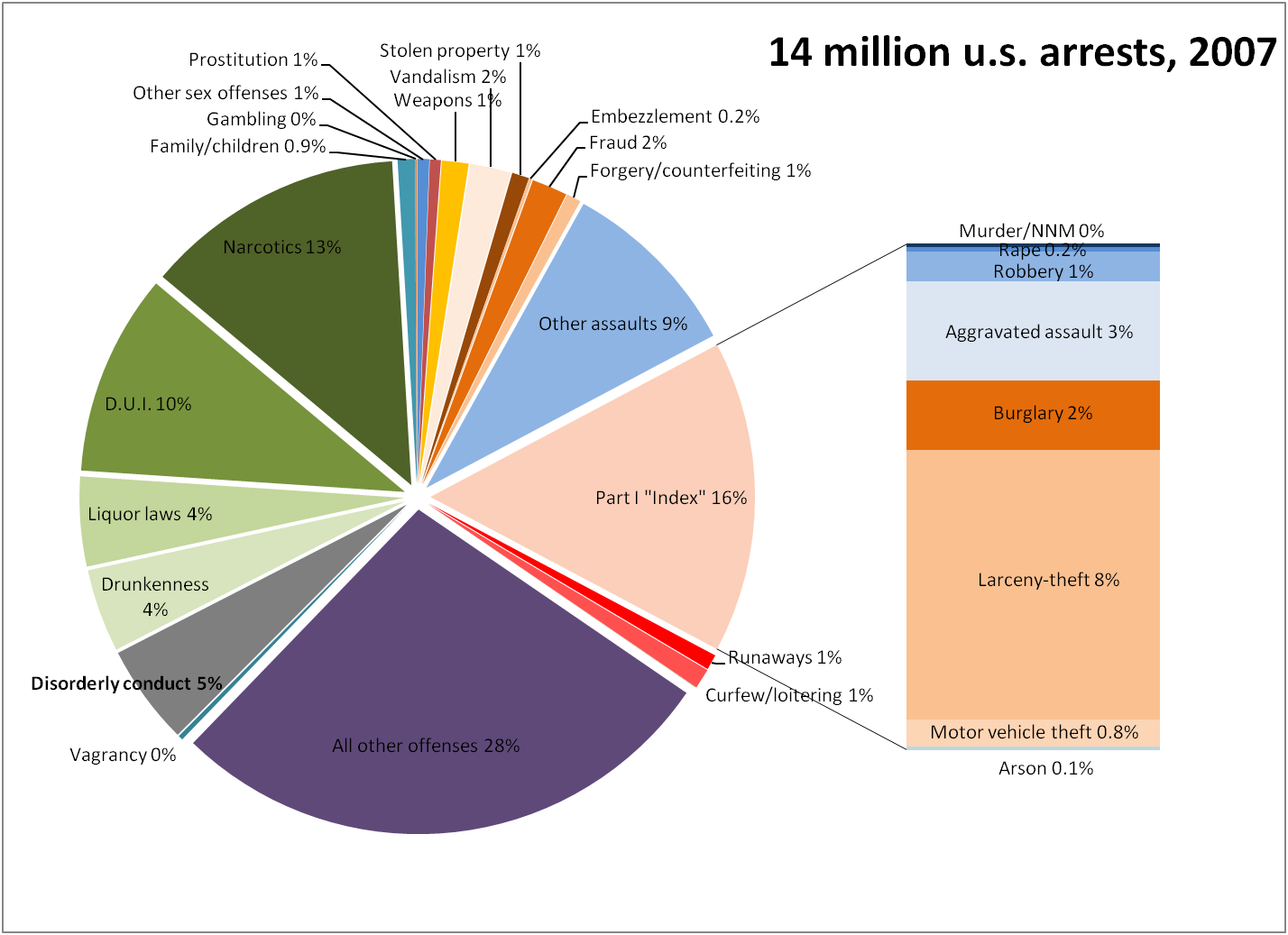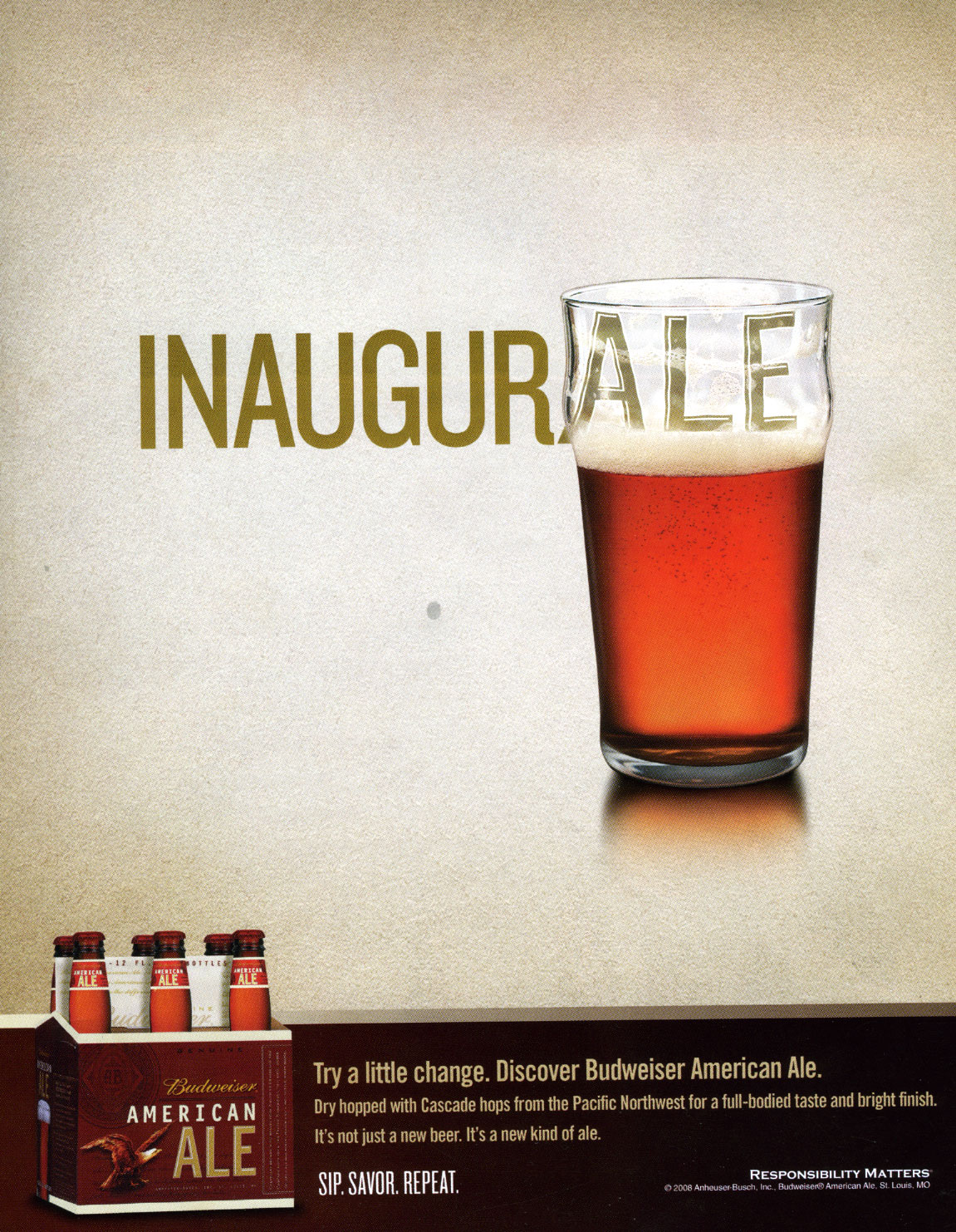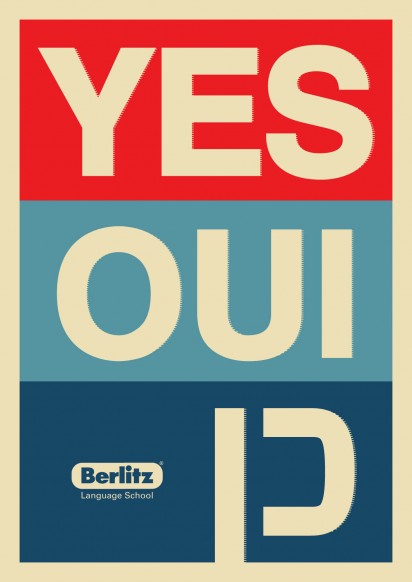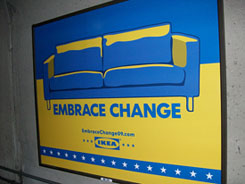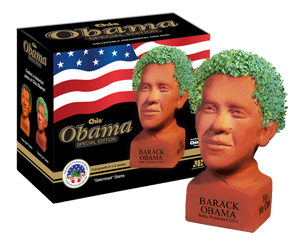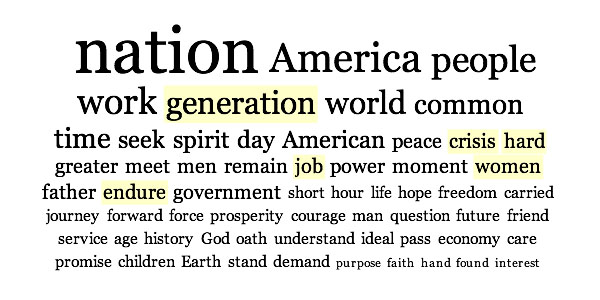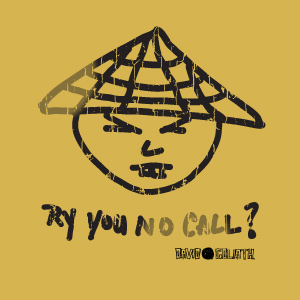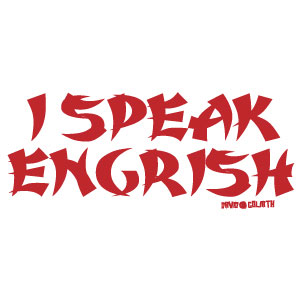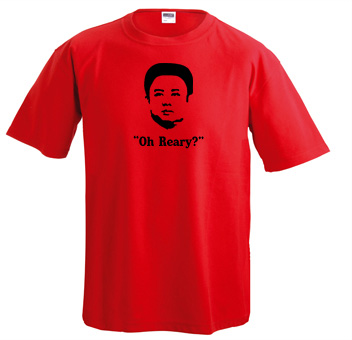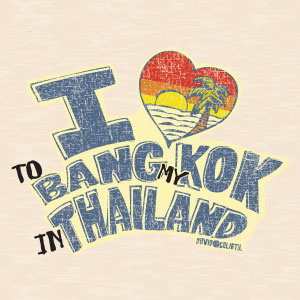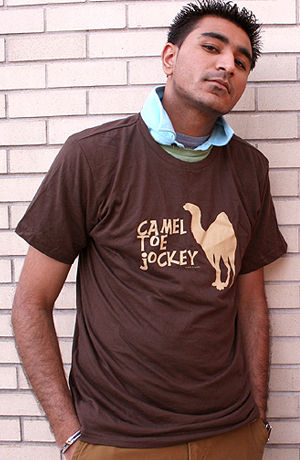Over at Everyday Sociology, Janis Inniss posted about interracial relationships and she offered a graph showing 30 years of marriages of white men to black women and black men to white women. Describing it, she writes:
Looking at the graph below, you will see that the black female/white male pairings of today are about what they were 30 years ago for black male/white female dyads. (The blue line represents black husband/white wife). In other words, today, white men and black women marry at about the same rate that black men and white men married about three decades ago.
So, why would there be a difference in the marriages between white men/black women and black men/white women? I suspect that this has to do with the intersection of gender and race. Consider: according to American cultural stereotypes, black people, both men and women, are more masculine than white people. Black men are seen as, somehow, more masculine than white men: they are, stereotypically, more aggressive, more violent, larger, more sexual, and more athletic. Black women, too, as seen as more masculine than white women: they are louder, bossier, more opinionated and, like men, more sexual and more athletic.
If men are supposed to be sexy by virtue of their masculinity and women sexy by virtue of their femininity, then black men and white women will be seen as the more sexually attractive than white men and black women. So, while white men may not find black women particularly attractive, white women may very well find black men attractive. In this is so, we might see the patterns that Inniss demonstrates with her table.
These concrete statistics, as well as the cultural stereotypes that position black women as undesirable, help explain why interracial dating is politicized by many in the black community. It is not trivial that black men can date outside of their race and black women are less able to do so. It means that many black women have less opportunity to form long-term relationships.

